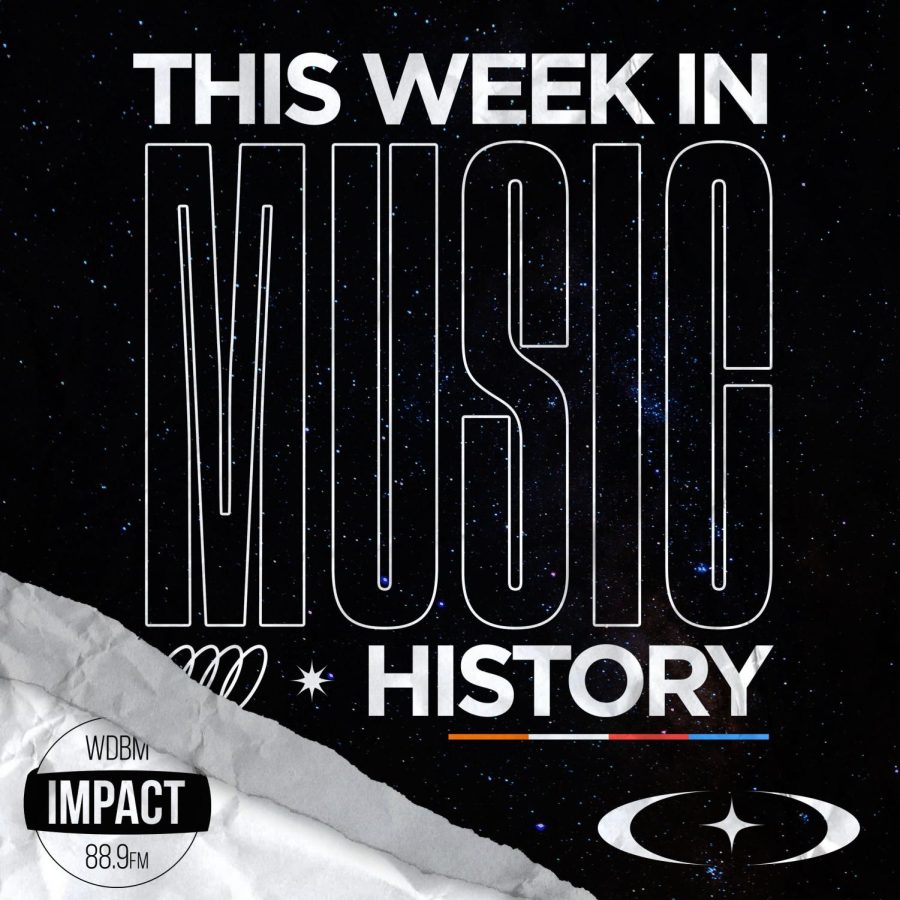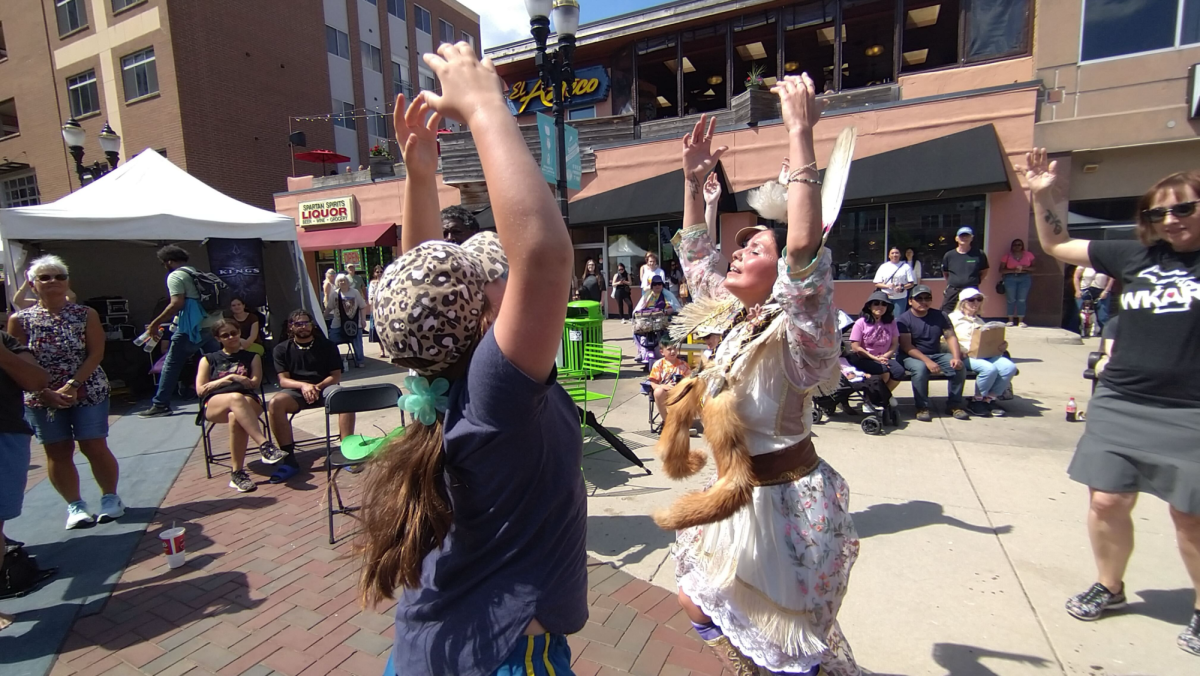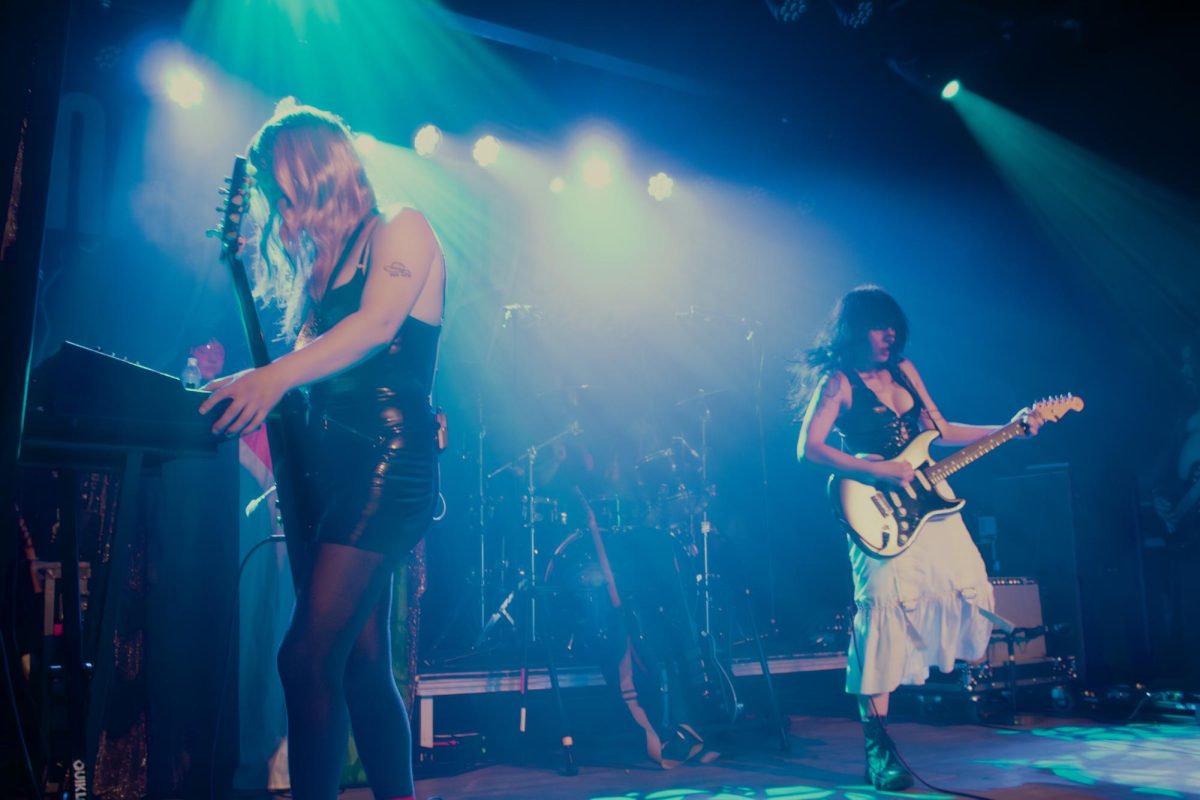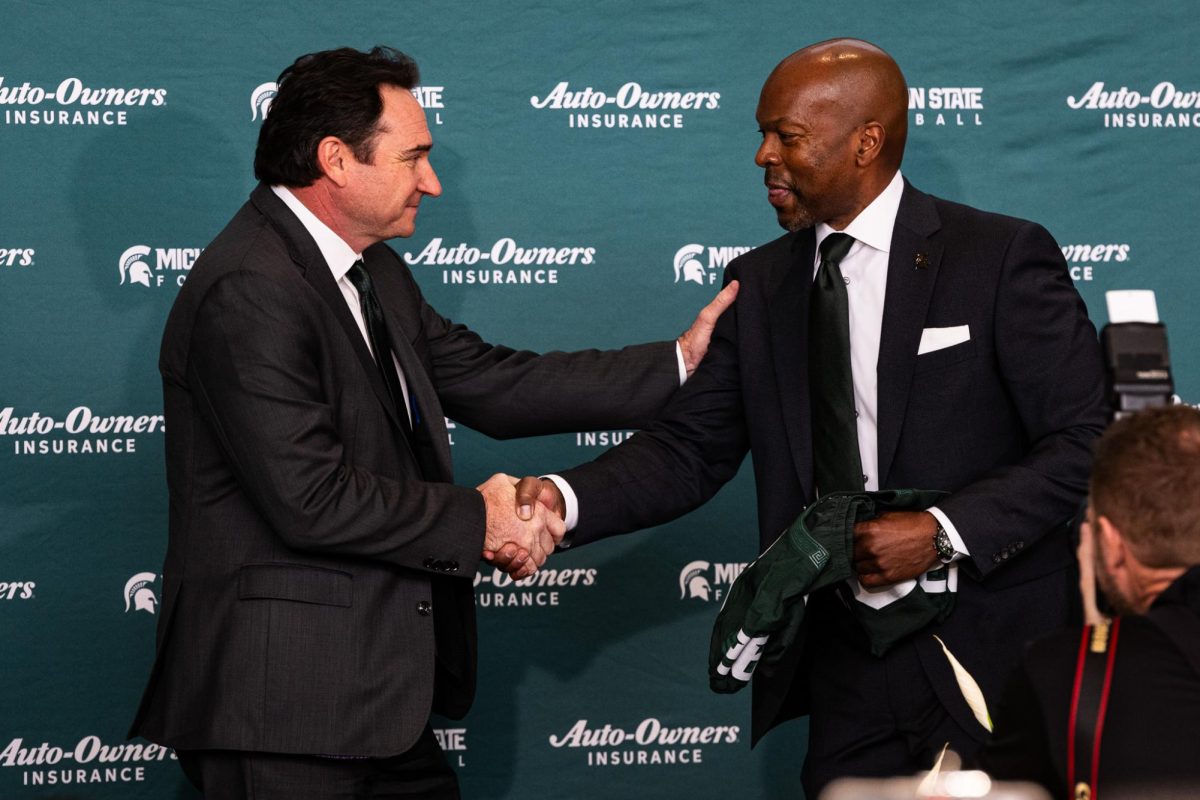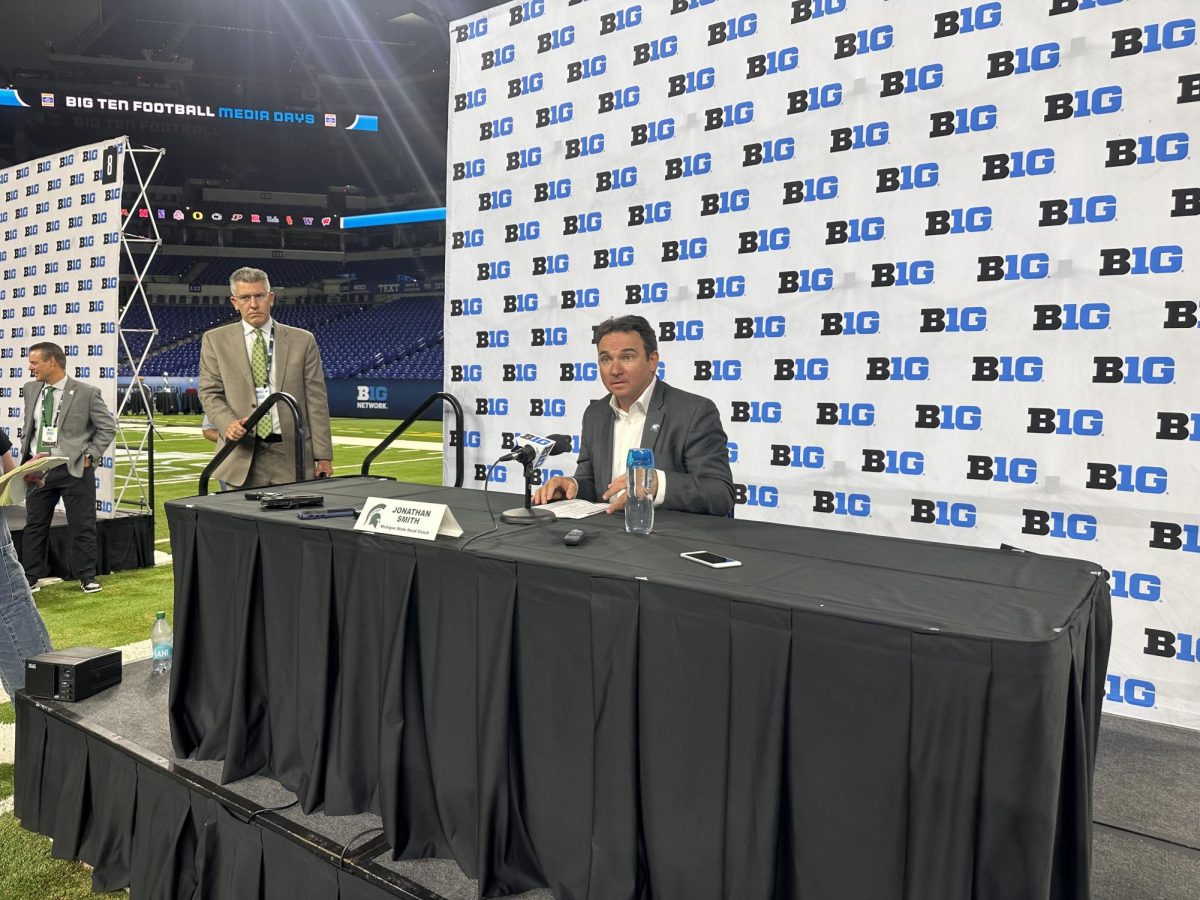This Week in Music History | March 20-25
March 20, 2023
On March 21, 2004, rocker Ozzy Osbourne was selected as the U.K.’s favorite alien ambassador.
Following the discovery of water on Mars, the news site Yahoo! held a poll to decide who would be the ideal person to welcome hypothetical alien visitors. Competitors included U.S. President George Bush, British Prime Minister Tony Blair, game-show host Simon Cowell and media personality Katie Price. Osbourne beat out the competition with 26% of the vote. At the time of the vote, Osbourne was still in the process of recovering from a nearly fatal quad bike accident that left him with several broken bones.
Osbourne is no stranger to the extraterrestrial. His son, Jack Osbourne, has shown strong belief in the possibility of cosmic neighbors in programs such as Jack Osbourne’s Night of Terror: UFOs and The Osbournes Want to Believe. Ozzy himself revealed on his SiriusXM show Ozzy’s Boneyard that he believes the government is hiding evidence of extraterrestrials. In the same spiel, he also claimed that historical incidents of religious experiences were actually alien encounters described with the wrong terms.
~Karson Sims
This week in music history, the emo world stood still. On March 22, 2013, My Chemical Romance announced their breakup in a statement on their website. Every emo kid remembers where they were on this day. I remember being in middle school and watching the weird kids’ lunch table erupt in wails and sobs (I was at the table wailing so it’s fine that I call it the weird kids’ table). I walked back to art class in tears and painted myself crying with Gerard Way holding a wilted rose in watercolor.
Their goodbye message said in part: “Being in this band for the past 12 years has been a true blessing… We’ve shared the stage with people we admire, people we look up to, and best of all, our friends. And now, like all great things, it has come time for it to end. Thanks for all of your support, and for being part of the adventure.” According to an interview with The Guardian, Way simply said it no longer felt fun to create music anymore. After 12 years and four albums, I would start to feel tired too.
But rejoice! In 2019, the band had a reunion. They released an absolute banger of a track, “The Foundations of Decay,” in May 2022. They also went on tour in late 2022. While their split may have altered the lives of emo kids around the world, their reunion has restored balance in the universe.
~Norene Bassin
With the Oscars having happened last week, we look to previous Oscars to compare the events to one another. This week in music history, Stevie Wonder was awarded the Oscar for Best Original Song for “I Just Called to Say I Love You,” which was written for The Woman in Red. The song would go on to become Wonder’s best selling song, but that was not what stole the show on March 25, 1985.
In his acceptance speech for the award, Wonder dedicated the award to Nelson Mandela, the then-imprisoned anti-apartheid fighter, before thanking Dionne Warwick and Gene Wilder. At the time, Mandela was imprisoned in South Africa, having been incarcerated for the previous 21 years, and would remain incarcerated for another 5 years. The apartheid government, at the time led by P. W. Botha, did not take kindly to Stevie Wonder’s comments. So, they took the only logical step that a government propped up by the systemic oppression of the vast majority of the population could do; they banned his music from the airwaves.
This was not the first time that apartheid South Africa banned artists from the airwaves. Numerous South African artists, including most notably Miriam Makeba, were taken off the air for their outspoken anti-apartheid views. Makeba actually met Mandela when he was a young lawyer, who said she would become someone. Eventually known for her song “Qongqothwane,” Makeba was one of the faces of the fight against apartheid, with her music being banned outright later in her career.
That comment wasn’t the only thing Wonder contributed to his fight against apartheid. He would go out and hired exiled South African musicians to feature on his track “It’s Wrong,” and he denounced the regime at his 35th birthday party where he was honored by a UN committee. Hewas arrested earlier in 1985 for protesting apartheid outside the South African embassy in Washington D.C. The regime would only last for 5 more years, and both Wonder and Makeba’s airway bans were lifted. Mandela would eventually be elected president of South Africa, marking an end to apartheid.
~Ashe Burr


